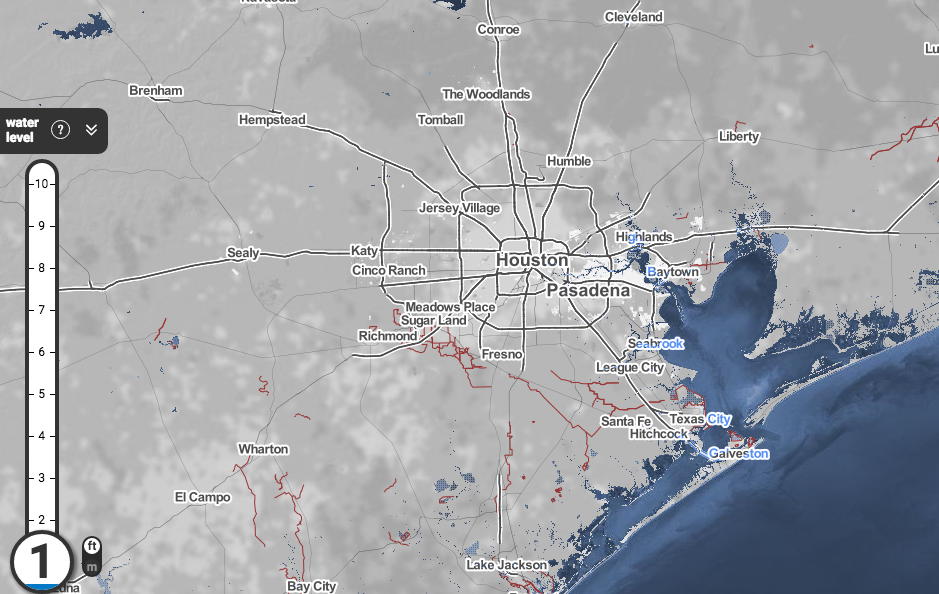I frequently see rants from people about this government regulation or that. Many of them seem entirely reasonable or justified, because a great many regulations are annoying as crap on a day-to-day basis.
![By Felix Andrews (Floybix) (Own work) [GFDL (http://www.gnu.org/copyleft/fdl.html), CC-BY-SA-3.0 (http://creativecommons.org/licenses/by-sa/3.0/) or CC-BY-SA-2.5-2.0-1.0 (http://creativecommons.org/licenses/by-sa/2.5-2.0-1.0)], via Wikimedia Commons By Felix Andrews (Floybix) (Own work) [GFDL (http://www.gnu.org/copyleft/fdl.html), CC-BY-SA-3.0 (http://creativecommons.org/licenses/by-sa/3.0/) or CC-BY-SA-2.5-2.0-1.0 (http://creativecommons.org/licenses/by-sa/2.5-2.0-1.0)], via Wikimedia Commons](http://crypticphilosopher.com/wp-content/uploads/2014/08/River_algae_Sichuan-225x300.jpg)
Free market water! (This is in China, not Ohio, but my point stands.)
One thing I see far, far less frequently than invective against certain regulations, however, is inquiry into
why those particular regulations exist. I know a few things about how laws and regulations come to be, and while it is a seriously messy process, it generally doesn’t happen completely out of the blue or for purely arbitrary reasons. I’ll just let
Paul Krugman take it from here, in large part since he has at least one more Nobel Prize than me:
In the latest Times Magazine, Robert Draper profiled youngish libertarians — roughly speaking, people who combine free-market economics with permissive social views — and asked whether we might be heading for a “libertarian moment.” Well, probably not. Polling suggests that young Americans tend, if anything, to be more supportive of the case for a bigger government than their elders. But I’d like to ask a different question: Is libertarian economics at all realistic?
The answer is no. And the reason can be summed up in one word: phosphorus. Continue reading →




![By Felix Andrews (Floybix) (Own work) [GFDL (http://www.gnu.org/copyleft/fdl.html), CC-BY-SA-3.0 (http://creativecommons.org/licenses/by-sa/3.0/) or CC-BY-SA-2.5-2.0-1.0 (http://creativecommons.org/licenses/by-sa/2.5-2.0-1.0)], via Wikimedia Commons By Felix Andrews (Floybix) (Own work) [GFDL (http://www.gnu.org/copyleft/fdl.html), CC-BY-SA-3.0 (http://creativecommons.org/licenses/by-sa/3.0/) or CC-BY-SA-2.5-2.0-1.0 (http://creativecommons.org/licenses/by-sa/2.5-2.0-1.0)], via Wikimedia Commons](http://crypticphilosopher.com/wp-content/uploads/2014/08/River_algae_Sichuan-225x300.jpg)
